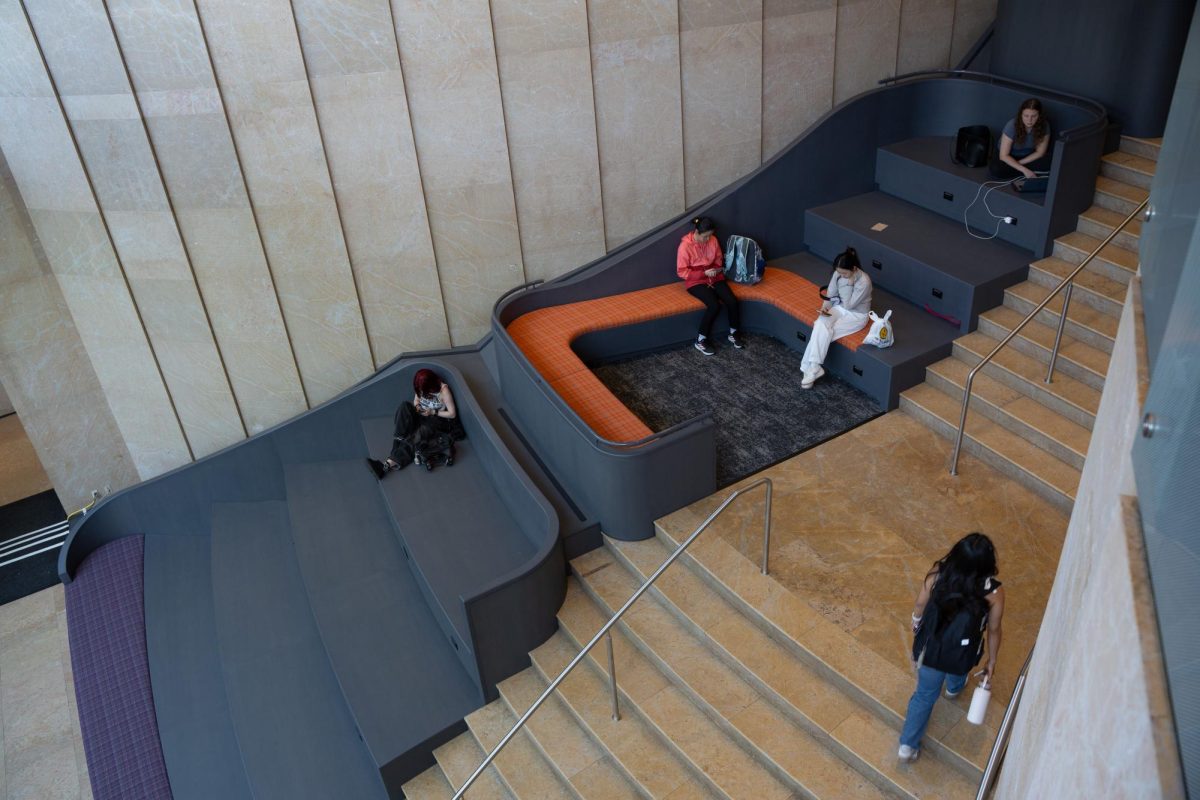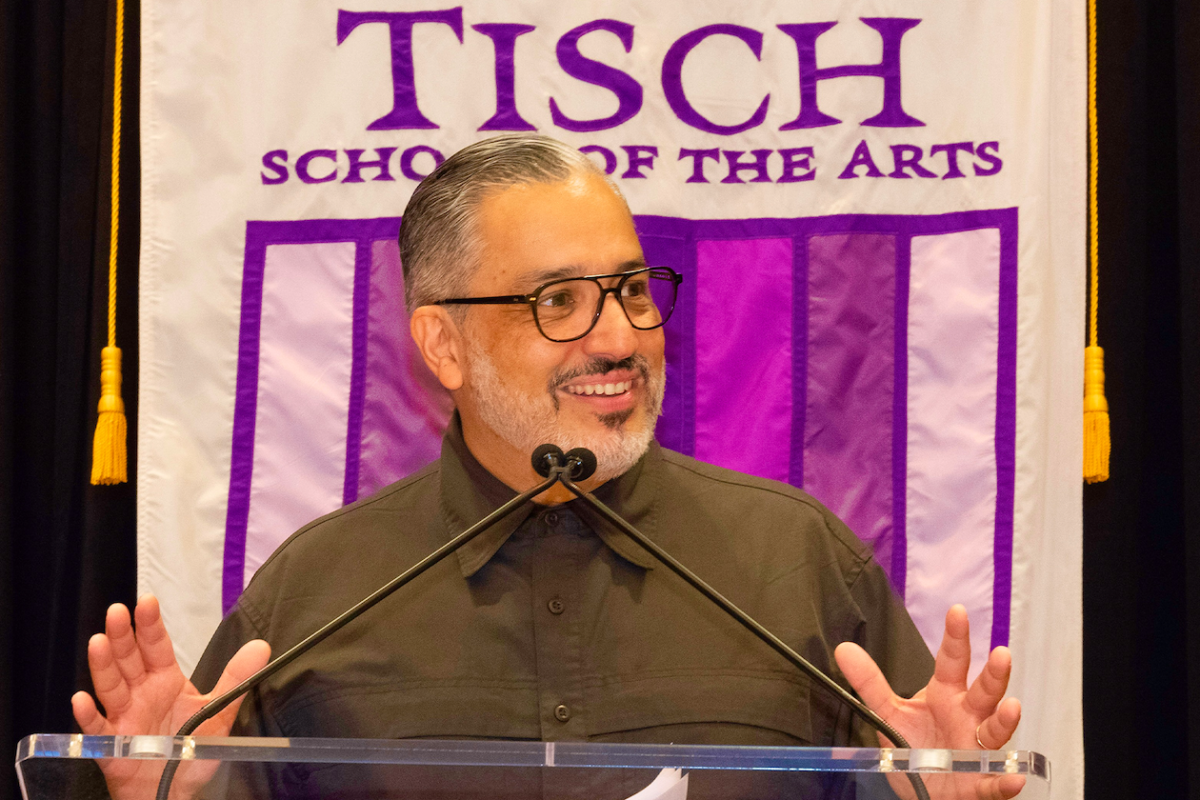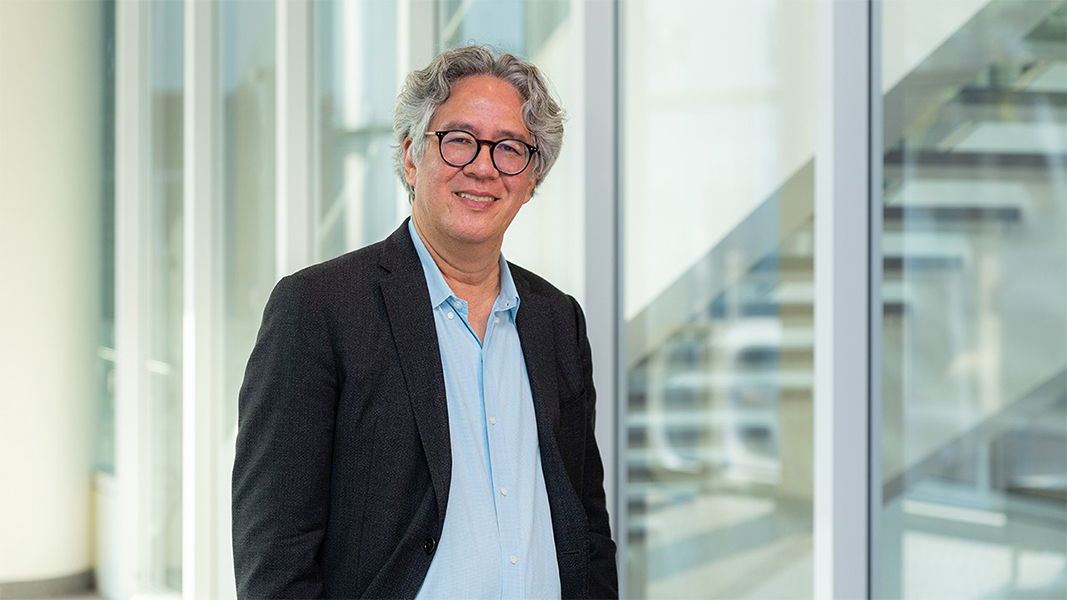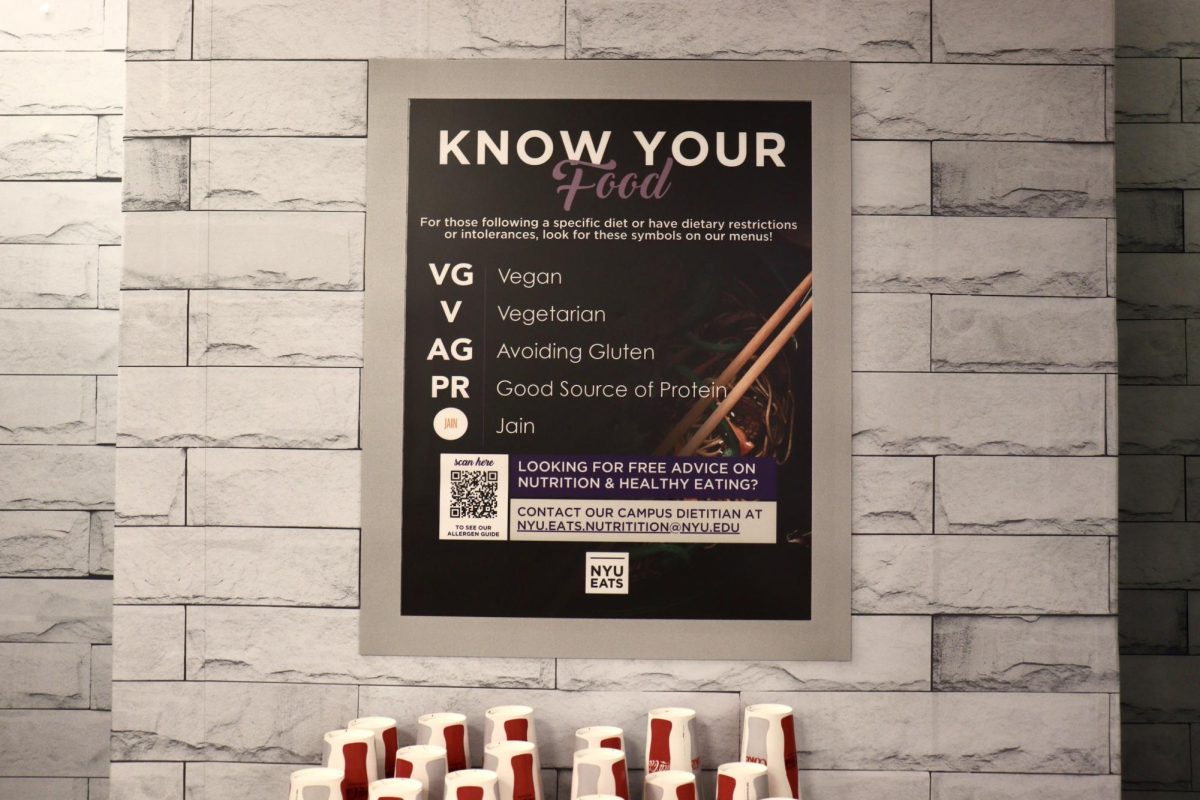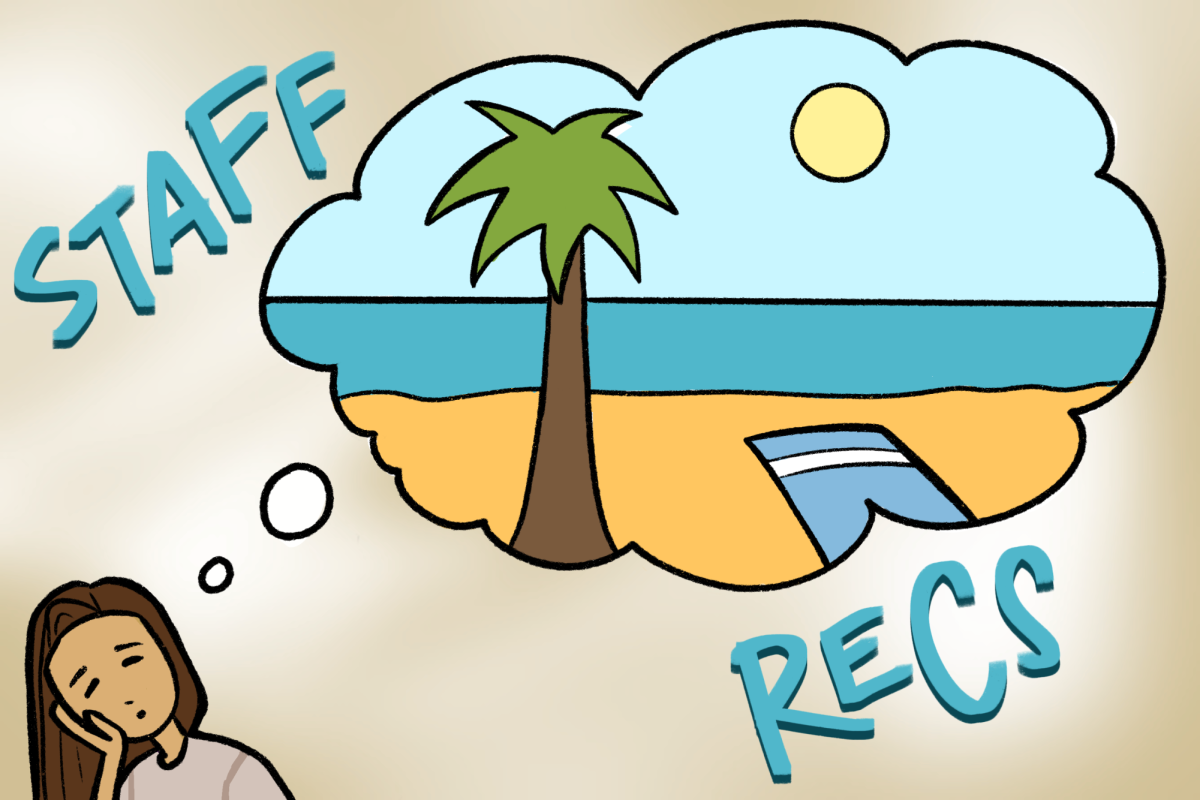Live Blog
Ryan Kuhel is always seeking to build connections. And he is eager to tell a cohesive story by connecting his seemingly disparate ventures such as the various disciplines he explores as a Gallatin junior, the dissimilar nature of his start-ups — WeCookSocial and Hublished — and his desire to harness the power of communities.
Communities are essential to Kuhel’s work philosophy, which reflects his desire to produce something beneficial without putting himself in the spotlight. By approaching his efforts from an entrepreneurial angle, Kuhel seeks to produce an organized result from the chaos some may believe is inherent in a community.
In his attempts to channel the power of a crowd in such an ordered fashion, Kuhel has often employed his love of storytelling. He found an opportunity to tell the stories of countless cultures before he transferred to NYU from Brandeis University. But he said he was soon attracted to the opportunities presented by New York City and NYU’s broad offerings.
With the help of his friends from Brandeis, Kuhel created his first community in 2011 around WeCookSocial, a food blog and social portal that combined his proclivity for food and social networking into a single outlet.
“At the core of every community, family, religion, tribe, are stories,” Kuhel said. “And we tell stories at the table over food.”
Kuhel helped WeCookSocial tell the stories of everyone, from NYU students to the employees of Tumblr. After receiving emails for events ranging from dorm events to engagement parties, he realized WeCookSocial’s value proposition worked, but its channels of distribution did not.
“We were running around the city with cookware and aprons,” Kuhel said. “It was madness.”
An opportunity arose to improve the weaknesses of WeCookSocial when Kuhel and his business partner devised a plan for a new website that would emphasize quality over popularity. Together, they tested ideas in Stern professor Lawrence Lenihan’s Entrepreneurship for the New Economy class, which inspired Kuhel’s love of crowdsourcing.
The result, Hublished, set to launch in January, will provide an online portal for content creators to create valuable output and rewards them with new, dedicated consumers. Producers upload webinars, podcasts and other content to teach audiences a specific skill.
“Google doesn’t reward expertise, but it couldn’t,” Kuhel said as he drew a flow chart in his office. “That needs to be done by a crowd.”
Hublished takes this philosophy and divides its users into two groups: publishers and peers. Publishers upload and tag content. If their peers value what they discover, they can subsequently rate and subscribe to the content. The publisher’s work is then promoted to those with similar interests.
Kuhel took an iterative process to creating Hublished, and he did not deny the accompanying hardships.
“[Entrepreneurship is] not easy [and] it’s not glamorous,” Kuhel said. “We’re talking about something we’re very proud of, but we’re just getting started.”
Even though Kuhel views his work as the start of a larger pursuit, he continues to use crowdsourcing in an innovative fashion. As a member of Alpha Epsilon Pi, Kuhel helped his brothers earn money for the humanitarian group Save a Child’s Heart. In only 48 hours, the fraternity raised $10,000 by rocking in chairs outside Weinstein residence hall.
“We didn’t reinvent the wheel,” Kuhel said. “But when you harness the power of a crowd, you can deliver something unbelievable.”
And whether around the dinner table of a WeCookSocial meeting, in the virtual webinars of Hublished or on the sidewalks of New York City, Kuhel continues to tell the stories of every community that he joins or creates.
A version of this article appeared in the Thursday, Dec. 13th print edition. Jonathon Dornbush is a senior editor. Email him at [email protected]



